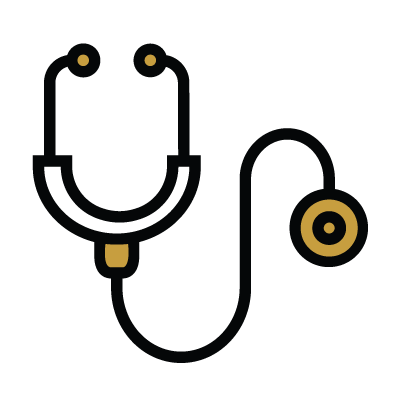Supervised medical detox and residential recovery program with dual diagnosis therapy to help overcome alcohol abuse in the heart of the San Fernando Valley.
















Gastrointestinal problems, memory loss or blacking out, heart palpitations, sweating, seizures, tremors, slowed breathing
Slurred speech, anger or aggression, paranoia, hallucinations, reckless behavior, trouble focusing, memory loss, neglecting responsibilities, isolation, strained relationships, financial problems, legal issues
Alcohol detox & recovery can be distressing, painful and sometimes even dangerous. It’s important to detox before starting residential treatment in a supervised medical setting. Detox from alcohol can look different for everyone but some common side effects of alcohol withdrawal may include:
Our detox programs tend to be about 3-5 days but can vary for everyone based on different factors. Some of these include:
Our luxury detox & residential facilities The Bungalow and The Moonshade provide you with a safe & structured space to focus on getting sober. Facilities include outdoor green areas, private bedrooms, mindfulness activities and a chef focused on your nutrition.



Alcohol addiction is a chronic substance abuse disorder characterized by the uncontrollable need to drink, with difficulty stopping. It can cause severe physical and mental health problems, and impact daily functioning.
Alcohol addiction can cause a number of physical and psychological symptoms. The tell tale sign of alcohol addiction is consuming excessive amounts of alcohol with trouble stopping. It may cause aggression, paranoia, depression, and can damage the liver, kidneys and heart.
Treatments that are effective for alcohol addiction include detox to rid alcohol from the system and manage withdrawal symptoms. Inpatient rehab is often recommended for long-term recovery where patients will engage in individual talk therapy, group therapy sessions and mindfulness-based activities to build positive coping skills and new outlets for reducing stress.